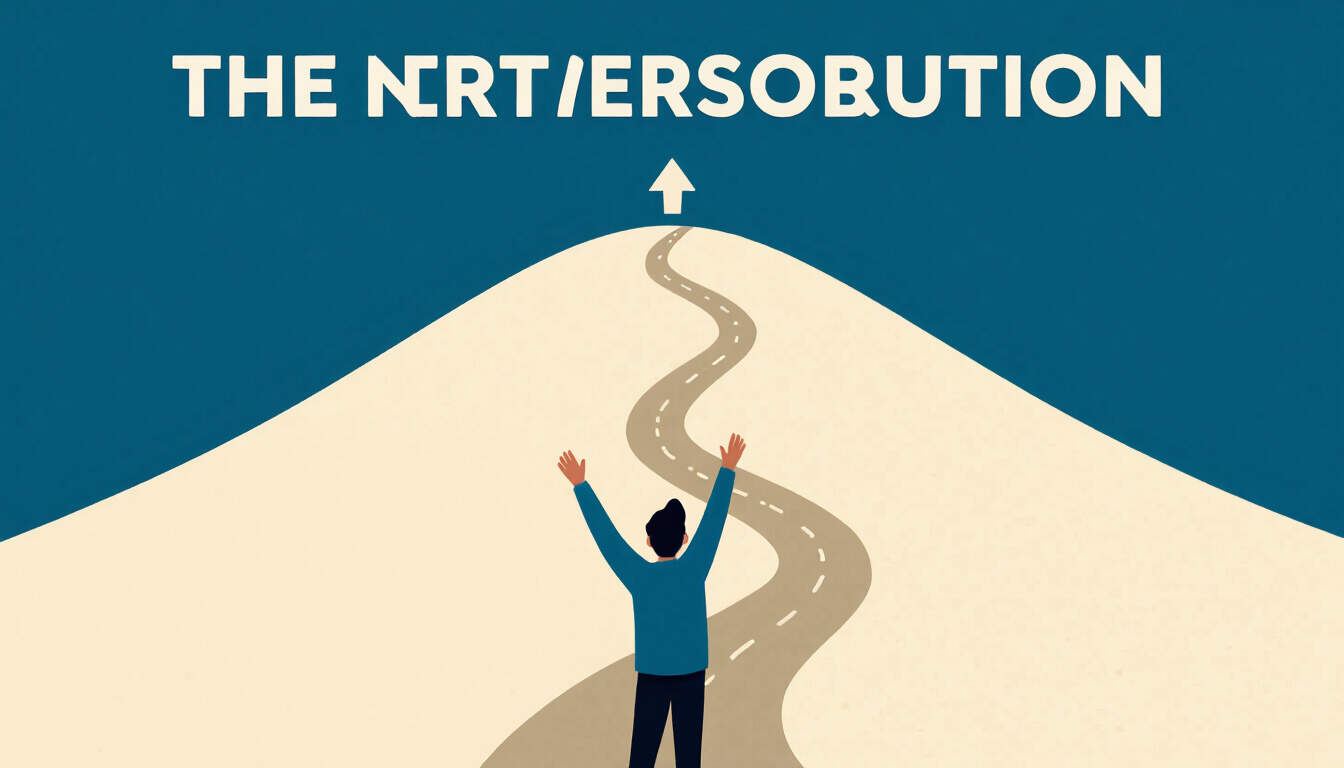Strategies for Building a Proactive Mindset
 by Marlene Keeling
by Marlene Keeling
Discover practical strategies and drills to shift towards a proactive mindset, empowering you to take control of your personal and professional growth. Learn actionable steps for ambitious individuals seeking lasting change.

Shifting to a proactive mindset means actively shaping your future rather than waiting for opportunities. This approach helps in creating positive outcomes through deliberate actions. For instance, proactive mindset involves anticipating challenges and preparing for them ahead of time.
Many ambitious individuals find that adopting such shifts leads to greater success. Start by identifying key areas in your life where you can make immediate changes. One effective strategy is setting clear, achievable goals. By breaking down larger objectives into smaller tasks, you build momentum and maintain focus.
Consider daily routines as a foundation for these changes. Begin each day with a simple planning session. List out three priorities and commit to them fully. This practice fosters a sense of control and direction, essential for personal development.
Now, let's explore specific drills to reinforce this mindset. First, try the decision drill: when faced with a choice, pause and evaluate the options based on your long-term goals. This exercise trains you to think ahead and act decisively.
Another useful drill is the reflection routine. At the end of each week, review your actions and outcomes. Ask yourself what worked well and what needs adjustment. Over time, this builds awareness and encourages continuous improvement.
In professional settings, applying these strategies can lead to career advancement. For example, professionals often use proactive planning to seek new opportunities. By networking regularly and seeking feedback, you position yourself for growth.
Key Strategies for Implementation
To make these shifts sustainable, incorporate them into your routine. Here are some actionable steps:
- Goal Alignment: Ensure your daily tasks align with broader aspirations. This creates a cohesive path forward.
- Obstacle Overcoming: When barriers arise, view them as chances to adapt. Practice quick problem-solving to stay on track.
- Habit Building: Focus on forming habits that support your mindset. For instance, dedicate time each morning to positive affirmations and planning.
These strategies work best when combined with persistence. Remember, change requires effort, but the results are rewarding for those committed to self-improvement.
Practical Drills in Action
Let's delve deeper into drills that promote a high-agency mindset. The accountability drill involves partnering with a peer to share progress. This adds motivation and ensures you follow through on commitments.
Another drill is the scenario simulation. Imagine potential challenges in advance and plan your responses. This prepares you for real-life situations and reduces hesitation.
For anyone seeking personal development, these tools are invaluable. They empower you to drive your own success rather than relying on external factors.
In everyday life, small shifts can lead to significant transformations. For example, choosing to learn a new skill instead of procrastinating can open doors to new possibilities.
Overcoming Common Hurdles
While building this mindset, you might encounter resistance. Address it by focusing on progress over perfection. Celebrate small wins to maintain enthusiasm and momentum.
By consistently applying these strategies and drills, you'll notice enhanced confidence and control. This not only benefits your career but also enriches personal relationships and overall well-being.
Ultimately, embracing a proactive approach means taking ownership of your journey. With dedicated practice, you'll achieve the growth you seek.
